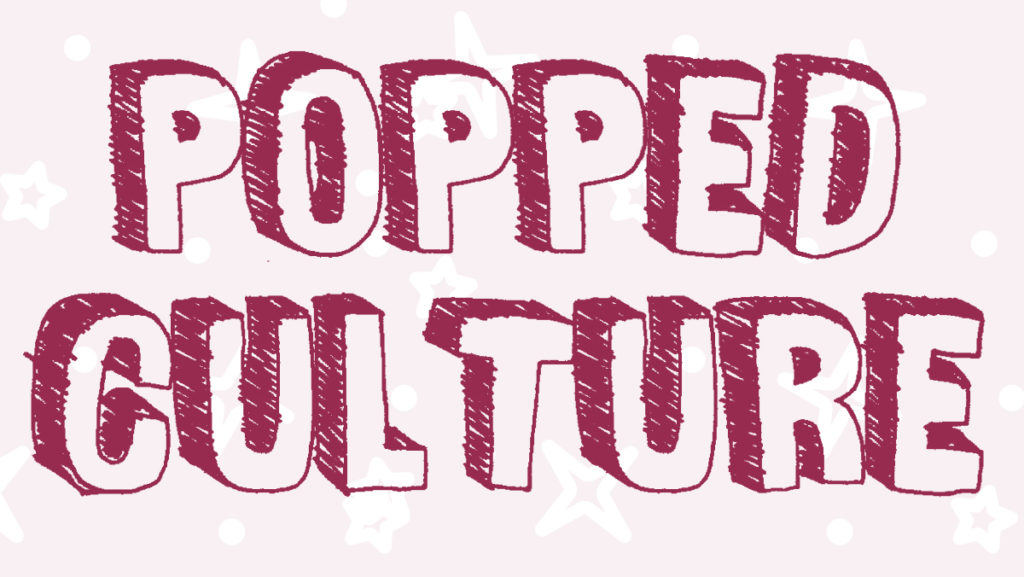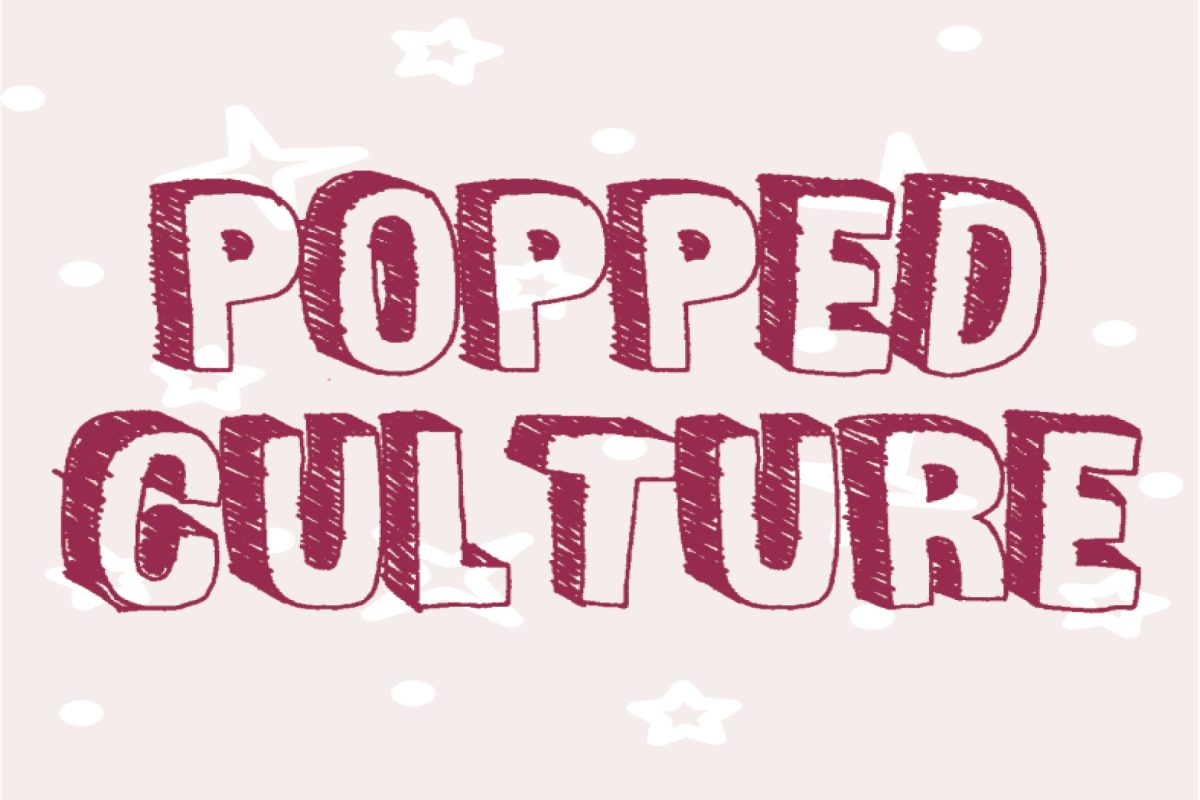I am an anime-watching, comic book–reading cosplayer. I identify not as a nerd but as a blerd. My dad, the person who introduced me to most of my nerdy interests, also wears his blerd badge with pride. The term “blerd” stands for “Black nerd,” but many people of color from different backgrounds have found acceptance in the identity. While I would love to dive into what this label means for all people of color, I am limited by my experiences as a Black woman. As such, I will stick to exploring the ins and outs of African American nerd culture.
Before the popularization of the blerd identity in the early 2000s, Black nerds, especially Black men who were nerds, would hide their love for pop culture for fear of being judged. These people existed outside the all-too-common “cool Black guy” stereotype, and their nerdiness would often be perceived by other Black people as them pretending to be white or assimilating into white culture.
The term “blerd” was introduced into the mainstream in 2006 when Dr. Chris Turk (Donald Faison) from the medical comedy-drama series “Scrubs” proudly announced his status as a blerd in season 6, episode 2. Since then, cultural recognition for blerds has grown exponentially.
Many of you reading might be wondering — why is there a separation between nerds of color and white nerds? One major reason is the ever-present gatekeeping in the nerd community. The typical depiction of nerds in the media is the anti-social white male archetype. These characters are in franchises like “The Big Bang Theory” and “Ghostbusters.” While these media are popular among nerds of all colors, they reinforce a narrow image of what nerd culture is. Certain white people in the nerd community may have seen themselves in these nerdy white male characters and latched onto them. Now that nerd culture is evolving to be more inclusive and accessible, many of these nerds have defended their interests from the unwelcome shift.
This gatekeeping often comes with discriminatory undertones, including racism. In the cosplay community, in particular, people will often criticize cosplayers of color — primarily brown-skinned ones — telling them they are “too dark” for a character. I myself have received quite a few comments on my cosplays that smartly point out, “That character isn’t Black,” or “You’re too dark to cosplay her.” I’m the lightest Black cosplayer I know. My dark-skinned sisters and brothers have it even worse than me.
This gatekeeping leads nerds of color to try to form our own community, a place where we won’t be discriminated against for our interests and where we combine our love for anime and fandom with our culture.
Although the mainstream understanding of blerd is fairly new, Black people being nerdy is old news. Specifically, the hip-hop industry has influenced the popularization of anime in America for decades. Older rappers like Kanye West and RZA of the Wu-Tang Clan have been vocal about anime’s influence in their work. RZA actually composed for the 2009 anime “Afro Samurai: Resurrection.”
This tradition of anime in hip–hop has continued into today with newer rappers like Denzel Curry and Robb Banks. Curry said in an interview that he connects to anime because of the underdog narrative. In anime, the main character is often an outcast from the rest of the world, and they must fight to find their place among their peers. Anime like “My Hero Academia” and “Naruto” lean heavily into these themes and are incredibly popular among my blerd friends.
In the video, Curry tells his fans to “evolve as much as possible … because that’s what all my heroes did.” Banks has expressed his passion for anime in multiple interviews, including one interview with HotNewHipHop in which he ranks anime-themed rap lyrics. Throughout the video, Banks flexes his knowledge of anime and criticizes other rappers’ lackluster references to it.
Black actors like Michael B. Jordan have also expressed love of the medium. Jordan went as far as creating a limited-time, anime-inspired clothing line with Coach. In a way, Black people have directly boosted the popularity of anime in this country.
In 2017, Hilton George decided to provide the throngs of blerds a place where they could fully invest in their nerdiness. This, along with his personal experiences as a blerd, led him to create Blerdcon, a three-day-long convention with a mission statement to promote intersectionality and acceptance in the nerd community. George’s idea has created a vibrant community that welcomes all, and the convention continues to grow.
The convention was postponed to 2021 because of COVID-19, but organizers anticipated the convention would attract somewhere between 3,000 and 4,000 guests — a massive increase from the 1,400 guests in 2017.
With the help of nerdy Black celebrities and inclusive spaces like Blerdcon, blerds are slowly working their way into the mainstream consciousness. This broadening of the nerd identity to include everyone shows no sign of stopping any time soon.





